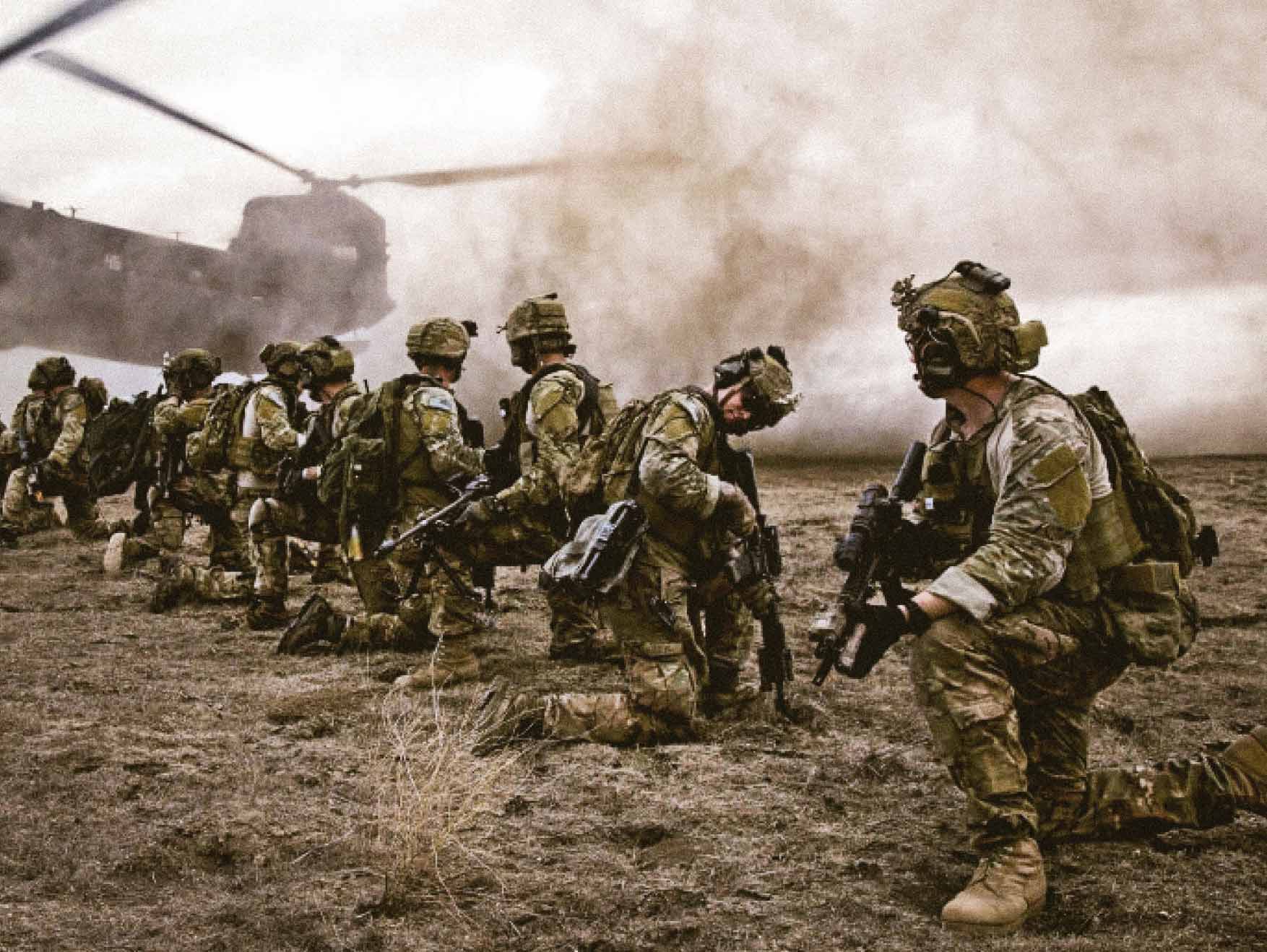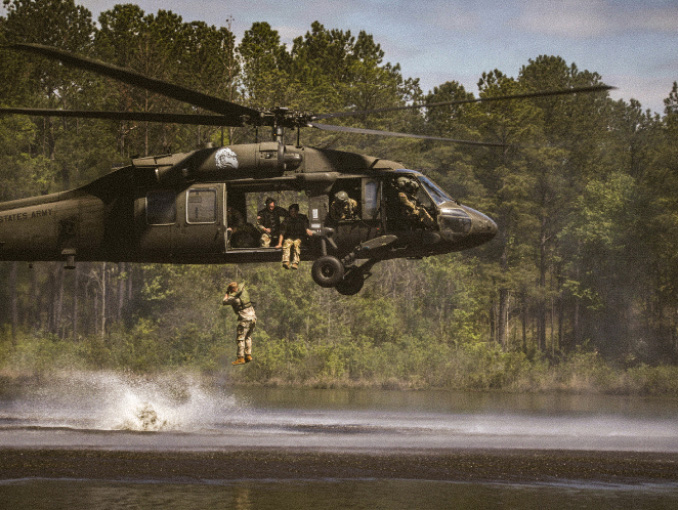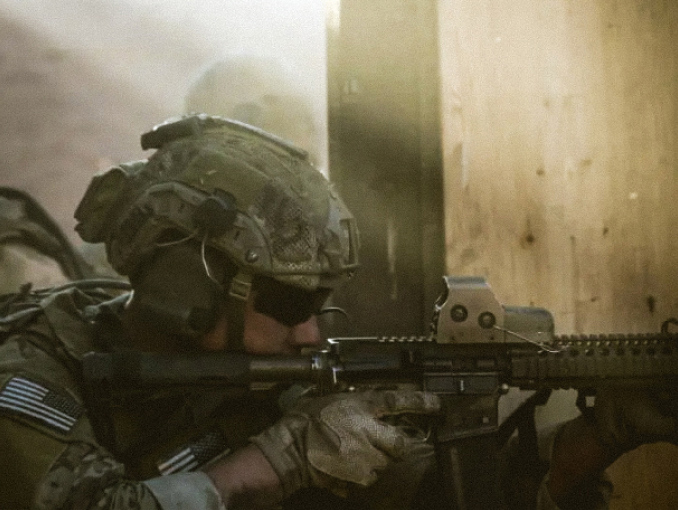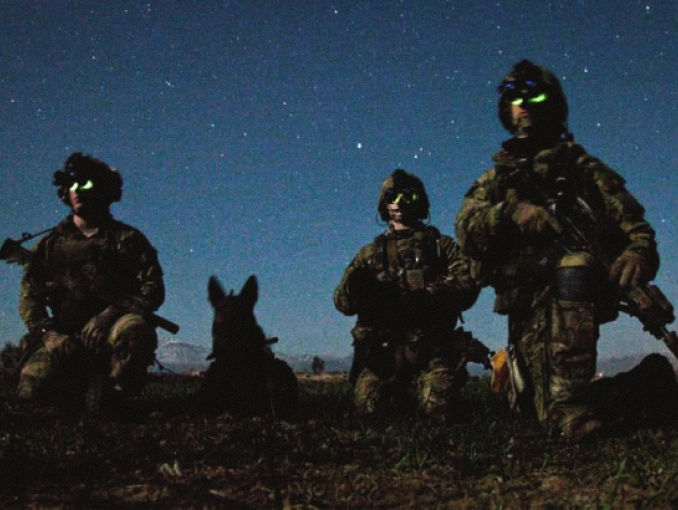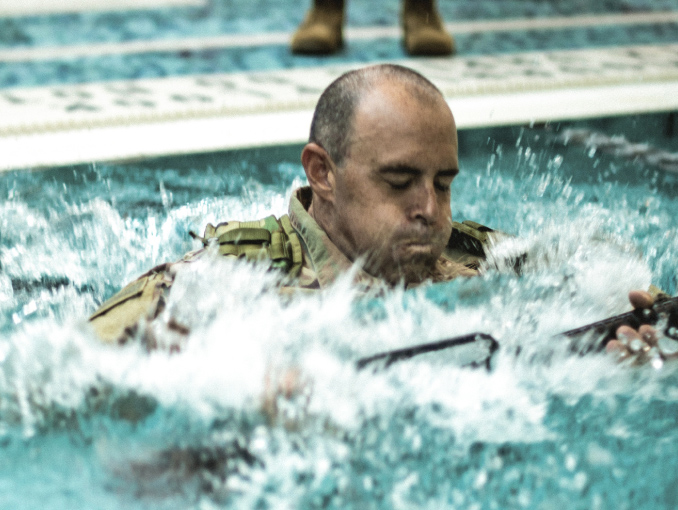RASP Phase 1
In Phase 1, you’ll go through physical and psychological tests, as well as be assessed on your strength of character and leadership skills. This phase includes a 12-mile ruck march with a 35-pound dry rucksack in full uniform, land navigation exercises, and medical first responder tests.
